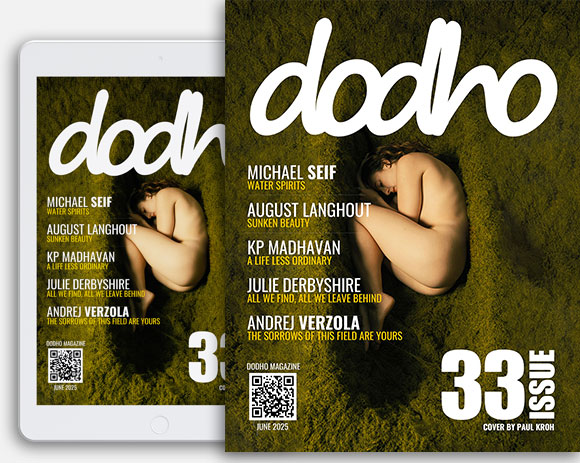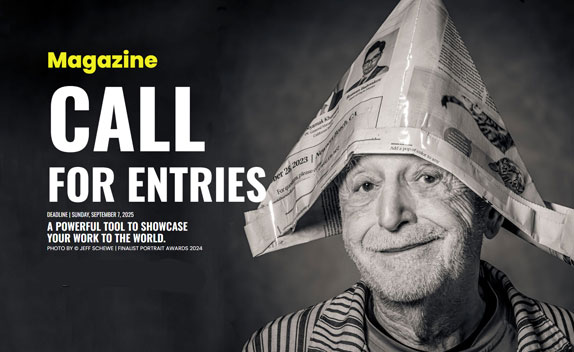In China date back to the Western Jin Dynasty (265-316) and are believed to have originated in Sichuan Province.
Their character formed and developed during subsequent dynasties as they spread across China to become focal points of social, cultural and political life, predating café culture in such countries as France, Italy, Turkey, and many others.
One of the oldest existing such establishments is the GuanyinGe Teahouse, Pengzhen. For more than 100 years residents of this small town near the Sichuan capital of Chengdu have gathered at this traditional teahouse to talk business and current events, trade gossip, argue politics or just shoot the breeze over endless cups of green, oolong or black tea.
No sign announces its presence. None is needed. Stepping inside this centurial structure, timber- framed and weathered by time, is to be transported into the past. The doors that open onto the street are made from tall wooden boards. The uneven mud floor is hardened by decades of foot traffic. The wooden tables and bamboo chairs bespeak old world craftsmanship. The wood-burning stove, a massive slab of pockmarked stone and brick, looks every bit its age, and then some. Posters and portraits of Chairman Mao adorn the walls. Steam from tea kettles and smoke from cigarettes and long-stemmed pipes round off a picture of timelessness and tradition.
An anachronism or resilient survivor in the face of China’s relentless modernization? Even here, reminders of the modern age infiltrate, if ever so slightly: the music headphones worn by the owner, the muted glow of a cellphone or two, a flat-screen TV affixed to one wall. Yet the GuanyinGe remains an oasis for those who are used to a more organic, less technological age.
These days, we increasingly engage in virtual interaction rather than get together in person, we’re losing that human contact. In places like the GuanyinGe, however, the older generation doesn’t rely on technology, but still congregates in a public space like the teahouse for social interaction and forging deep community bonds. Will the GuanyinGe teahouse stand for another 100 years? Perhaps not. But at least these photographs remind us of the importance of holding onto tangible values and behaviours in an increasingly intangible world.

















